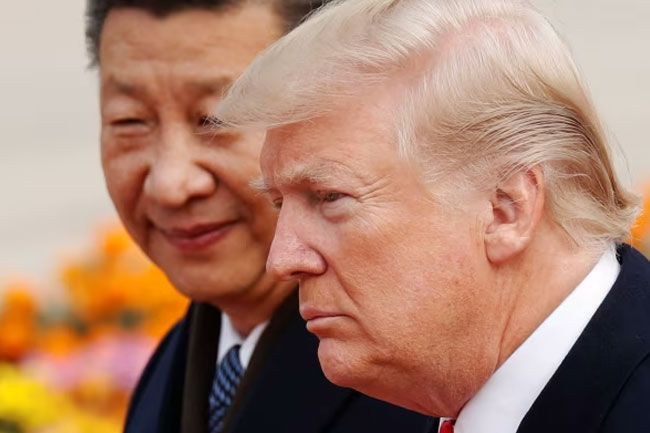US Agents Accused of Cyber Espionage at Harbin Winter Games
In a shocking cyber espionage accusation, China has implicated US agents in cyberattacks during the Asian Winter Games, stirring global media and public attention.
Published April 17, 2025 - 00:04am

Image recovered from app.myzaker.com
The recent Asian Winter Games held in Harbin have become the center of a significant controversy as Chinese authorities have accused the United States National Security Agency (NSA) of orchestrating advanced cyberattacks targeting the event. According to reports from the Harbin City Public Security Bureau, the NSA allegedly launched cyberattacks with the clear intention of sabotaging China's critical information infrastructure, causing social disorder, and stealing sensitive personal data related to participating athletes.
The cyber operations, which peaked during the first ice hockey game on February 3, were reported to have targeted key information systems necessary for the smooth conduct of the games, including registration, arrival and departure management systems, and competition records. These systems stored sensitive participant data, which the NSA intended to exploit. Anonymous servers and IP addresses purchased across Europe and Asia played a critical role in these attacks, according to the Chinese news agency Xinhua.
Authorities have identified three NSA agents, Katheryn A. Wilson, Robert J. Snelling, and Stephen W. Johnson, as key figures in these operations. Harbin police have placed these individuals on a wanted list and have linked them to prior cyberattacks against critical Chinese infrastructures and enterprises like Huawei. Furthermore, investigations reveal alarming allegations of involvement by American academic institutions such as the University of California and Virginia Tech, known for their ties to the NSA and their participation in cyber defense education initiatives.
The disclosure of these cyberattacks has added tension to already strained US-China relations, exacerbated by an ongoing trade war. As the world's two largest economies find themselves embroiled in a series of retaliatory actions, including travel advisories and import bans, this cyber espionage accusation further complicates the geopolitical landscape. China's Ministry of Foreign Affairs has publicly condemned these alleged actions, asserting its right to take necessary measures to protect its national cybersecurity.
Underlining the serious implications of these allegations, Chinese authorities have announced a public appeal for information leading to the arrest of the implicated NSA agents, offering financial rewards to incentivize cooperation. The escalating cyber warfare accusations mirror a broader trend where both nations frequently accuse each other of hostile digital operations, highlighting a deepening mistrust in international cybersecurity affairs.
The Harbin cyberattacks coincide with China's intensified scrutiny and crackdown on foreign cyber threats. The Chinese government reported over 270,000 foreign-initiated cyberattacks during the winter games period alone, a significant portion allegedly originating from the United States. These developments have not only amplified domestic calls for stringent cyber defense mechanisms but have also prompted Beijing to reprioritize its strategic approach towards collaboration and conflict resolution in cybersecurity.
While the US Embassy in China has yet to respond to these allegations, the situation remains volatile, with global observers concerned about possible ramifications in the broader context of international diplomacy and cyber conduct norms. Analysts warn that such incidents heighten the risk of further diplomatic rifts, potentially setting back the fragile peace process between the two technological powerhouses.







